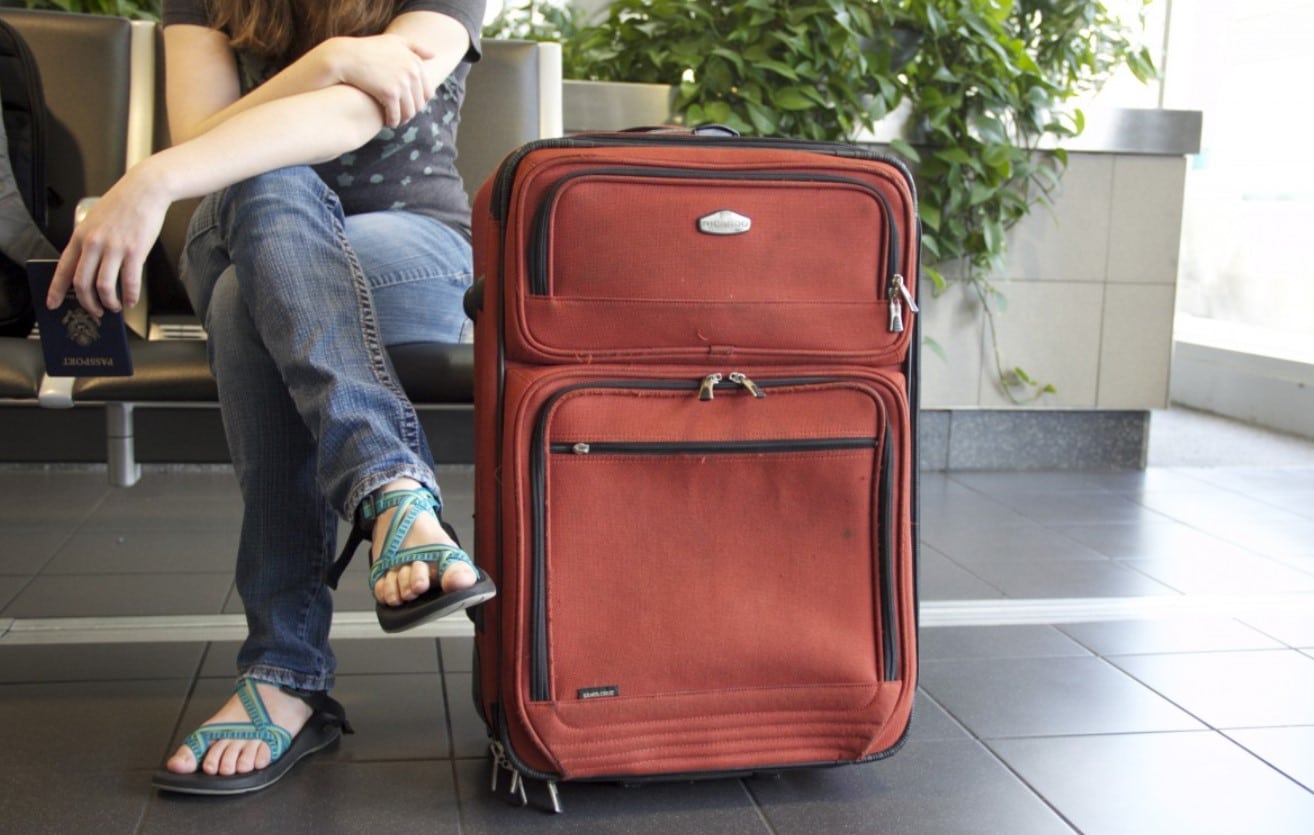European air travellers are experiencing airfares below the inflation rate as the aviation market stages a post-pandemic resurgence, the International Air Transport Association (IATA) recently said in an official announcement.
IATA cited recent data revealing that European carriers are operating at just 3.6 per cent below the peak levels seen in 2019.
Despite the inflationary environment, where average airfares in Europe have risen approximately 16 per cent since pre-pandemic times, this increase lags behind the average consumer price index for the EU, which stood at a 20 per cent hike in June compared to pre-pandemic levels.
Willie Walsh, IATA’s Director General, stated that “European air travel is continuing to recover strongly and is on track to exceed the 2019 benchmark in 2024”.
Moreover, he explained that “the competitiveness of Europe’s air transport market is holding airfare inflation at 16 per cent”, which is four percentage points below the rises observed in the general consumer price index.
“Considering the extreme volatility of jet fuel prices and increases in workforce salaries this is a significant achievement and stands in contrast to the continually increasing charges being pushed by our infrastructure suppliers,” Walsh said.
Recent regulatory approvals for increased charges at major airports have drawn attention amid these findings.
The UK Civil Aviation Authority sanctioned a 56 per cent rise in charges for London Heathrow, alongside a 26 per cent increase for NATS, the UK’s air navigation services provider, despite facing service disruptions this summer.
Similarly, Amsterdam’s Schiphol airport in the Netherlands, which also encountered service issues, was granted a 37 per cent hike.
IATA emphasised the pivotal role of regulators in fostering a competitive airline landscape. They credited European regulators for implementing consumer-friendly regulations that facilitated airline flexibility and choice by unbundling travel packages.
Additionally, the slot regulation has maintained consistent schedules while enhancing accessibility for new airline entrants.
However, IATA highlighted areas where regulators could further enhance competitive conditions. These include the regulation of infrastructure providers, a reform of consumer protection regulations, and encouraging a more consistent application of aims and a fairer sharing of accountability across the aviation value chain.
“The recovery of Europe’s air transport market is bringing with it even more competitive market conditions,” Walsh said.
“Consumers will see that with more routes and more airlines to choose from. In total, last year saw 20 new airlines born in Europe,” he added, noting that “this is important because a more competitive air transport market will make Europe a more competitive place to do business”.
These insights were shared at the Wings of Change Europe (WOCE) event, sponsored by KLM, held in Amsterdam on 14-15 November.
WOCE serves as a significant industry gathering, convening aviation leaders, regulators, and subject matter experts to address top issues in air transport.







Click here to change your cookie preferences